Following The Film Stage’s collective top 50 films of 2023, as part of our year-end coverage, our contributors are sharing their personal top 10 lists.
In 2023, the Berlin Film Festival saw the resignation of Executive Director Mariette Rissenbeek and the ousting of Artistic Director Carlo Chatrian, a move that doubled as a rejection of Chatrian’s thoughtful curation that marched to the beat of its own drum. The Toronto International Film Festival saw the loss of its major sponsor after a 28-year partnership as well as layoffs in December. The Venice Film Festival saw a change in leadership with the appointment of a far-right figure as head of the Biennale, a choice from the country’s right-wing government that already has people nervous as to what the 2024 festival might look like. Then you have various film festival cancellations, for reasons both political and financial.
As we enter the third year of wondering if “movies are back,” I’m wondering about the future of how we support and showcase movies (or, at least, the kinds of movies that need the backing of institutions like film festivals). There’s comfort in passivity, of never questioning the politics and strategies that occur behind the scenes in locking down a festival programme, or never holding festivals accountable for what they select and reject. But this approach ignores the inevitability of change, and conditions us into states of compromise and acceptance as things degrade. It’s easy to accept what’s put in front of us. Why bother putting in the work of asking for more?
I’m not saying that we need to save film festivals. As time goes on, they look more like relics to me. My concerns have more to do with the lack of effort in finding any sort of alternative to ensure that films as art, as personal statements, as objects without compromise, can continue to be supported, exhibited, and made accessible to the public. As long as we continue to maintain a standard that prioritizes reaction over interrogation, it’s hard to tell how much is left in the road ahead.
With that, here are five honorable mentions and my ten favorite films of 2023.
Honorable Mentions: A Prince, The Holdovers, Totem, Forms for Forgetting, A Thousand and One
10. Evil Does Not Exist (Ryusuke Hamaguchi)
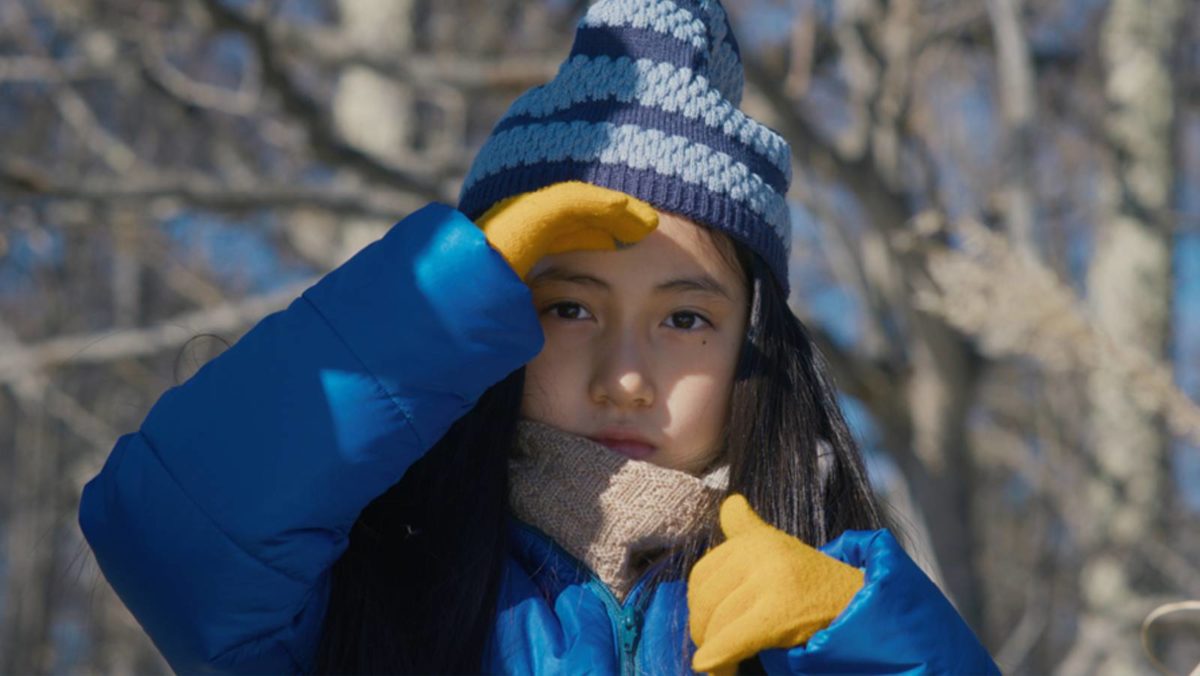
Ryusuke Hamaguchi’s latest film, his first after the surprise success of 2021’s Drive My Car, finds him in a more sparse and languid mood. Originally conceived as a dialogue-free short intended to be screened with a live performance of Eiko Ishibashi’s haunting score, Hamaguchi expanded it into a feature, and the narrative develops in a spontaneous, unexpected fashion that mimics the film’s own genesis. An environmental tale about a destructive business intruding into a rural village, Evil Does Not Exist constantly upends expectations before an abrupt ending that’ll have viewers wanting to rewatch it right away.
9. Last Summer (Catherine Breillat)
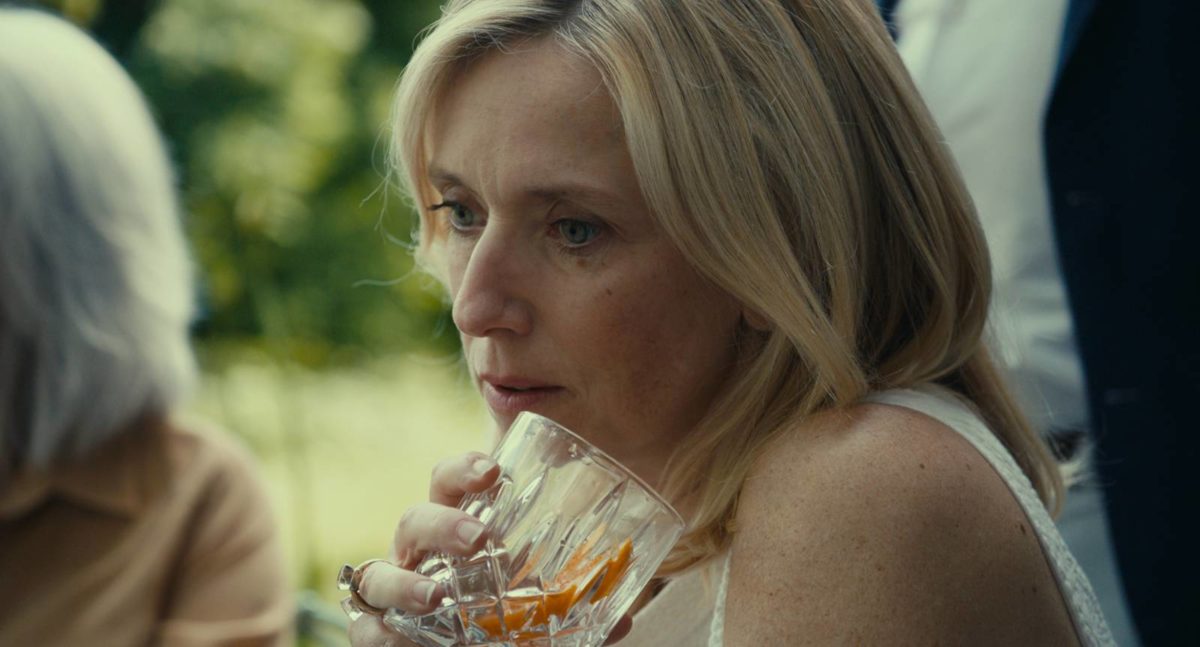
Leave it to Catherine Breillat to zig when people expect her to zag. When news came out that her first film in a decade would be a remake of a 2019 Danish film about a lawyer who has an affair with her teenage stepson, there was an expectation that she might go for the same explicit shocks as her prior films like Fat Girl or Romance. The result is a different kind of provocation, one that’s more subdued. Much of Last Summer takes its time before the affair begins and eventually falls apart. Breillat does this to emphasize the life its lead character has built for herself: a successful career for herself, a husband who’s also rich and successful, two children, a gorgeous countryside home, and so on. But when the inconvenience of truth and morality threaten to take down the wealth and comfort some might see as too big to fail, what do you do? Rather than lean in on the transgressive act that kicks off the plot of Last Summer, Breillat finds a way to get at something more universal. She takes a magnifying glass to our own willingness to compromise ourselves, and laughs as you squirm your way through to the end.
8. Do Not Expect Too Much from the End of the World (Radu Jude)
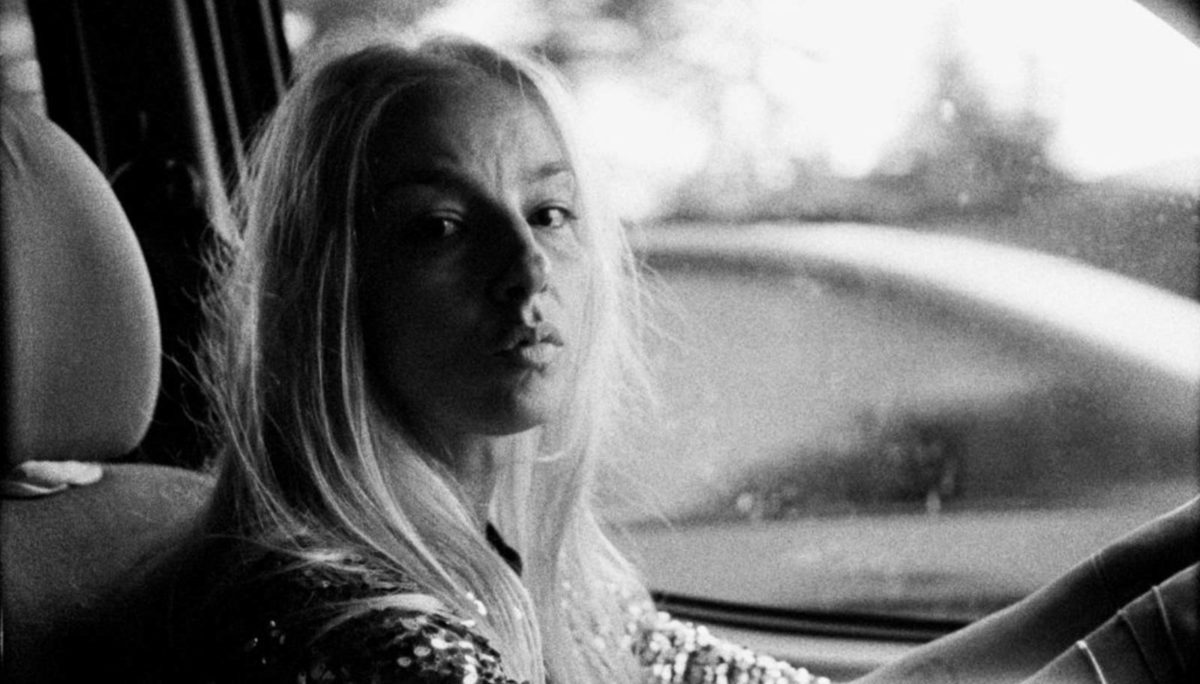
Radu Jude’s long, playful, and endlessly referential film feels like a breath of fresh air. Finally, someone gets it: the maddening state of our world today, the absurdity of worshiping commerce at the cost of our own well-being, how over time we don’t progress as much as find new ways of making things bad, and how these sentiments coexist with us at all times. Bouncing around between 16mm and digital, black and white and color, vulgar and sympathetic, modern day and the past, Jude piles all of it on without overintellectualizing or dumbing things down. Few filmmakers working today can successfully encapsulate the overwhelming nature of our modern-day existence; Jude is one of the few who can meet the moment.
7. Asteroid City (Wes Anderson)
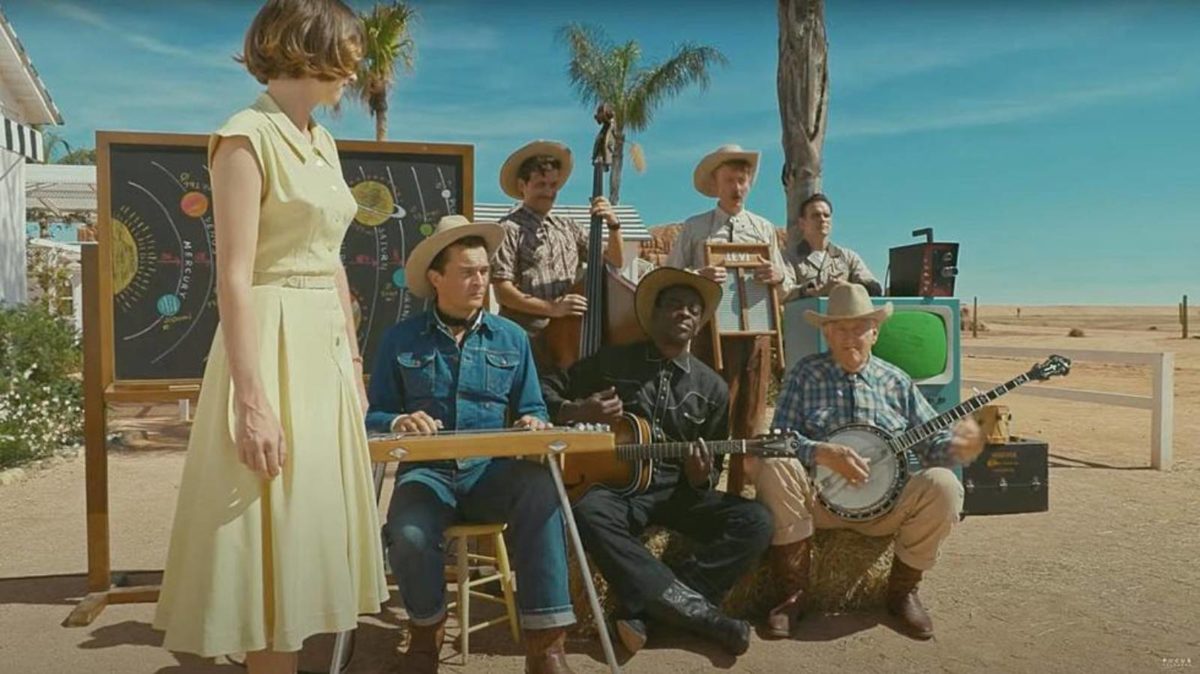
We take Wes Anderson for granted. His tendency to dig deeper into the “quirks” that have come to define his unique style––the same qualities that have led many to attack, reject, and dismiss his work altogether––have put him into a niche that’s largely fallen out of favor with the public (we’re a far way from the success of The Grand Budapest Hotel). But Anderson’s films use artifice to get at substantive ideas, a paradox where distancing effects amplify the hard, cynical themes behind it all. Asteroid City’s portrait of a desert town under lockdown after an extraterrestrial encounter keeps itself busy while it ponders large, existential questions about our loneliness in the universe and the ways humanity conjures up ways to deal with it. Most of Anderson’s critics won’t get to the point of addressing what he’s getting at. They’re too distracted by the nesting doll structure, the large ensemble, the multiple subplots, and everything else on the surface. They just won’t do the work. It’s their loss.
6. Samsara (Lois Patiño)

Those familiar with Lois Patiño’s work should expect more of the same here, namely a combination of ethnographic material and experiments with form. But Samsara is ambitious in its portrayal of death and reincarnation. Because so much of Samsara relies on form, and the way Patiño uses it to convey some sort of transition between states of being, it’s difficult to talk around the literal and figurative centerpiece of the film. But Patiño creates an immersive, peaceful experience out of it, one that switches from observational to immersive to participatory and then back to observational. Samsara doesn’t necessarily achieve all of its ambitions, but it’s one hell of a reach beyond the stars.
5. The Human Surge 3 (Eduardo Williams)
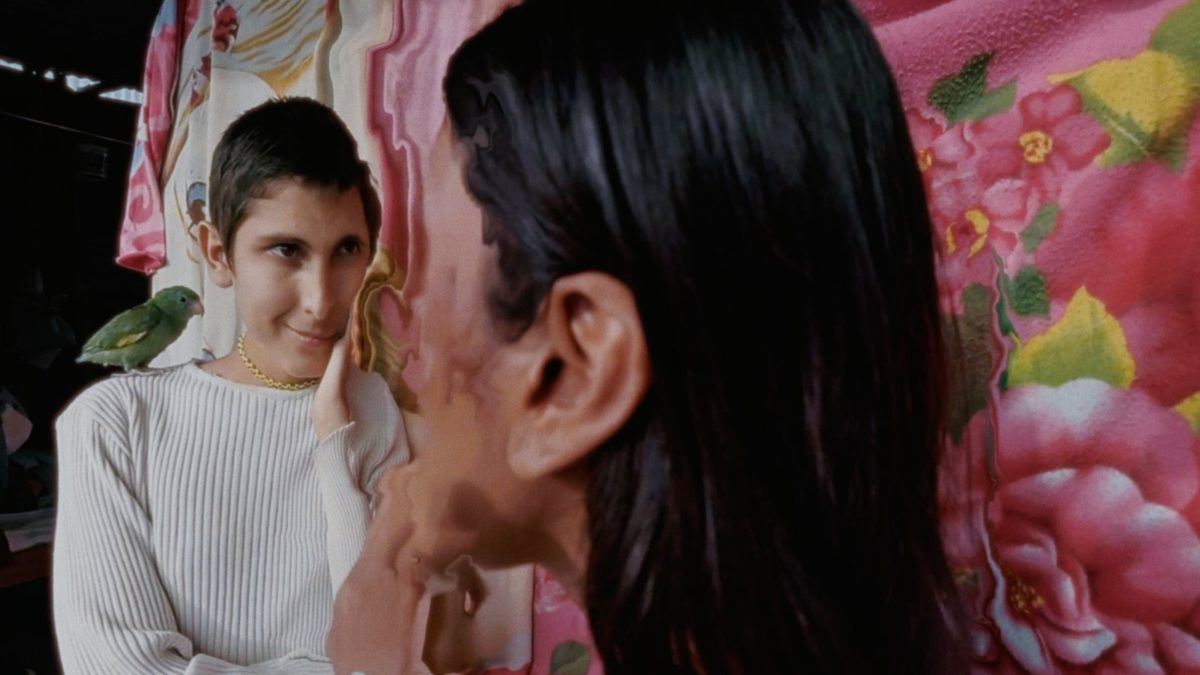
I’ll cheat a little bit here and direct you to my write-up on The Human Surge 3 from The Film Stage’s Best of 2023 feature (it’s number 42!), but both this film and Samsara are the two on my list that really demand to be seen theatrically. Williams’ use of a 360-degree camera and extreme long shots make it easier to pick up on details in the frame that might get lost while viewing on a smaller screen, and the distortions in the image become more pronounced when projected. It’s a film that invites a new way of seeing, so if the opportunity is available to you, it’s better to accept that invitation in the best way possible.
4. Hit Man (Richard Linklater)
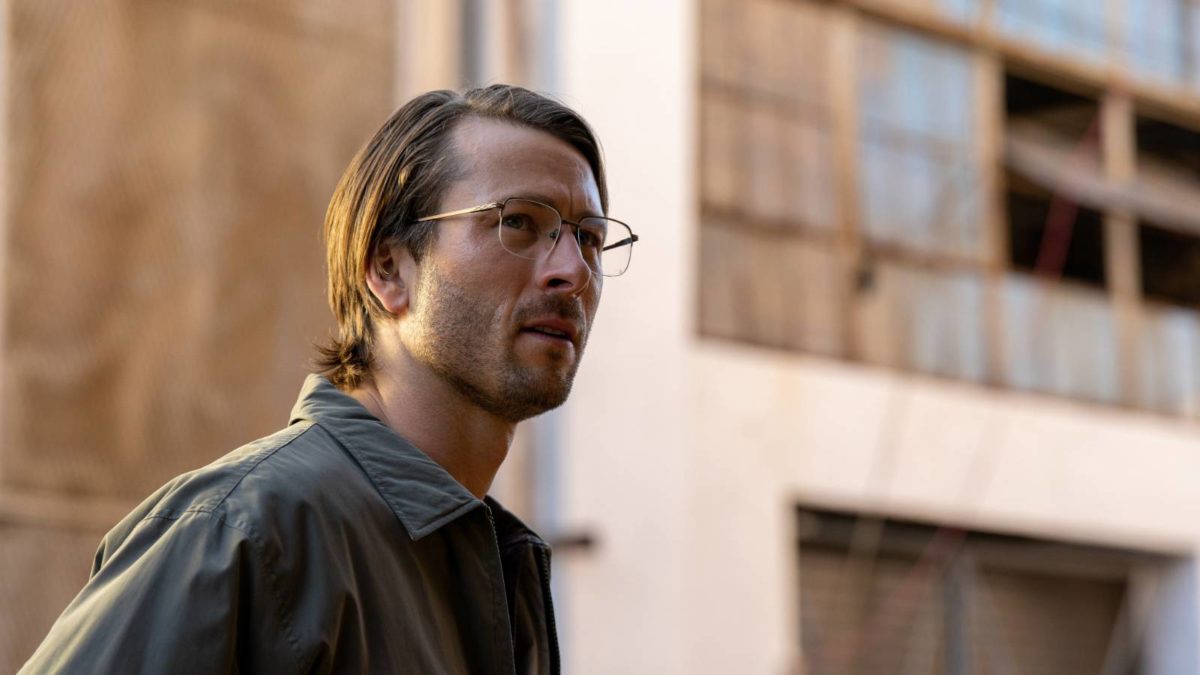
It’s the kind of film that makes you say “they don’t make them like this anymore.” And maybe there’s an oasis effect as to why I like Hit Man so much. There’s a delight in seeing a movie that’s actually sexy, funny, twisty, unafraid to mingle broad appeal with intellectual ideas, to win an audience over and then use that trust to take risks in its storytelling. Richard Linklater pulls off the balancing act, and it comes as no surprise that Hit Man had to be made independently to do it. Netflix swooped in to buy the film after it premiered to raves at Venice and Toronto, and while the knowledge that the film will be deprived of a full theatrical showcase stings, hopefully its charm and confidence will still translate for viewers at home.
3. Our Body (Claire Simon)
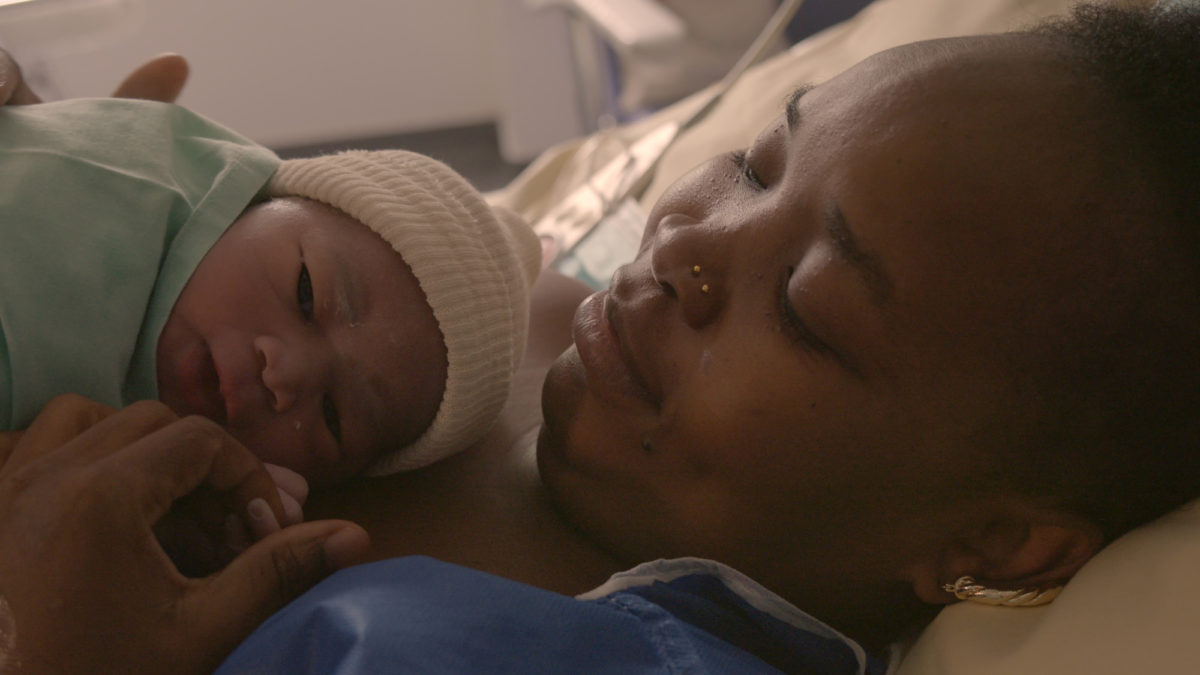
Conception to birth to death, portrayed in order from one patient to another at the same women’s hospital in Paris. That sums up Claire Simon’s Our Body, an epic documentary that accumulates to something more powerful than its individual parts. Simon’s camera treats each subject in the same empathetic manner, sitting back and watching as they deal with the practicalities of their situation, or watching doctors as they perform procedures and discuss treatment options for patients among themselves. Eventually, a tapestry about the lives of women emerges, one that doesn’t give preference to the personal or political, but embraces whatever gets thrown its way. By the time Simon herself becomes a subject in her own film, due to a breast cancer diagnosis partway through filming, it’s treated with the same weight and consideration as every other segment before it.
2. Here (Bas Devos)
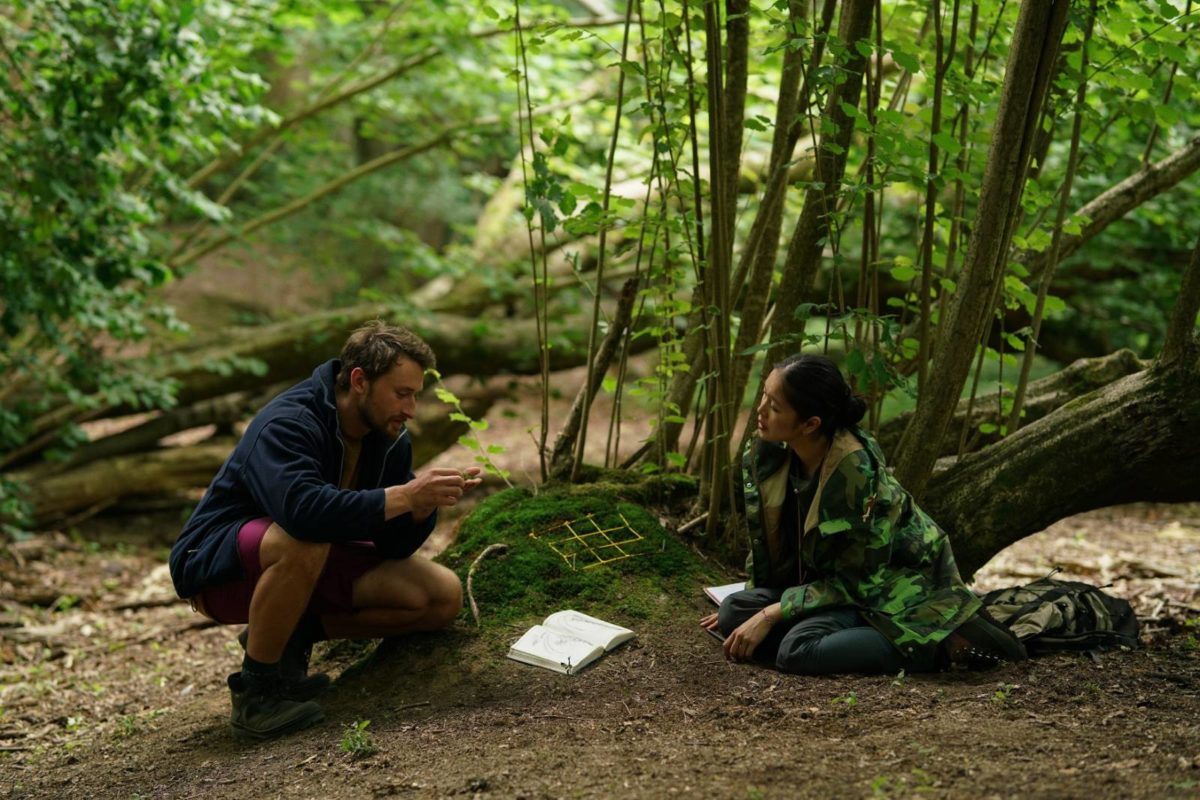
Bas Devos’ greatest strength as a filmmaker is how he can create something evocative out of the ordinary, and with each film he only gets better at it. Much of Here could be seen as a compliment to Ghost Tropic, his 2019 feature about a woman’s nighttime walk home through Brussels after she misses her stop on the last train home. Set mostly during the day, with an emphasis on parks and forests within the city, Here follows two immigrants who cross paths: a Romanian construction worker ready to abandon everything to go back home, and a Chinese PhD student who studies moss and works at her aunt’s Chinese restaurant. Two disparate lives that meet by chance, and yet they form a bond, which Devos ties into the intricate, connected nature of moss that exists around us yet commonly goes unnoticed. Through his expert handling of mood, gorgeous cinematography shot on 16mm with natural light, and a sense of pacing that’s gradual but never overstays its welcome, Devos creates one of the loveliest experiences I’ve had watching a film all year.
1. Close Your Eyes (Víctor Erice)
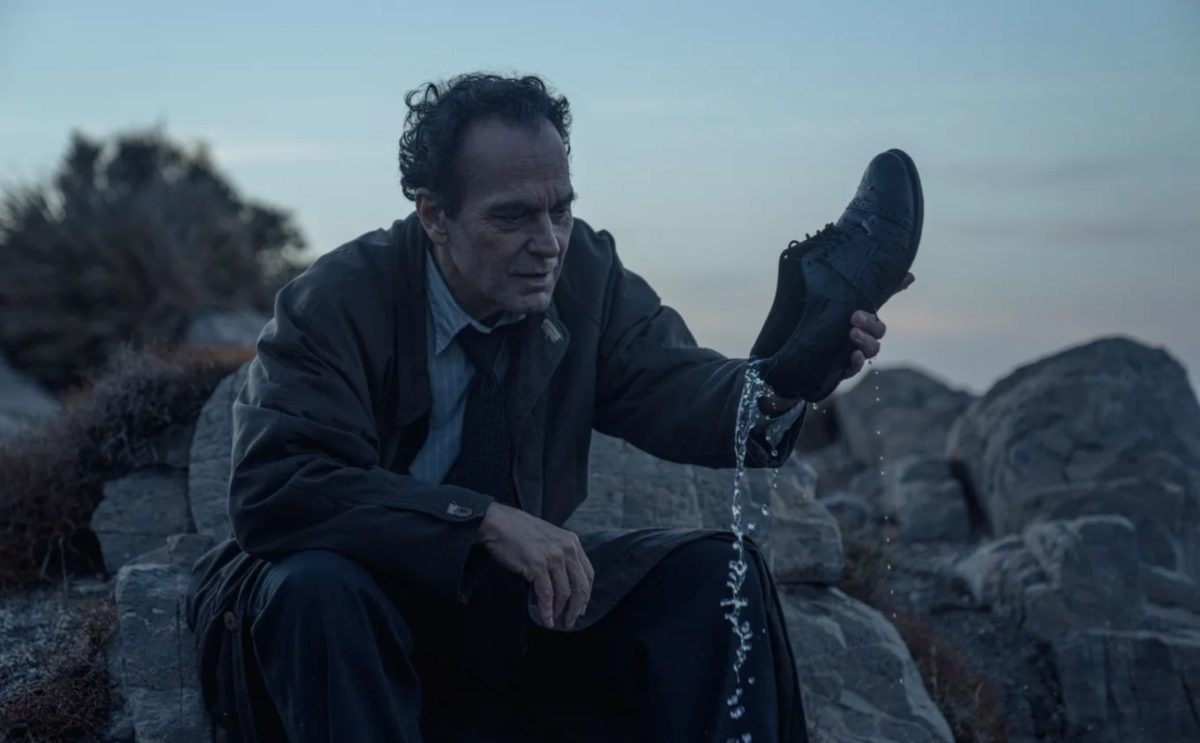
Given what’s been on my mind this year, I’m not surprised Víctor Erice’s latest resonated with me. Here is a story about a filmmaker who hasn’t made a film in decades, although in this case it’s due to tragic circumstances; the lead actor of his last film vanished part way through production twenty years ago, leaving the project unfinished. In his reignited quest to find out what happened to the still missing lead actor, the director ventures out into the world and sees how much has changed. The people he meets from the industry are older, with no one to take their place. A film archivist, one of the last guardians of the medium, is an old man working in isolation, aware that his efforts will likely die with him. Other people the director meets from his past have moved on, building a new identity for themselves. Erice doesn’t lash out over this. He doesn’t even make a case for the cliche about the power of cinema. He understands that the power of the medium is what we put into it, and the number of people invested in the kind of cinema Erice makes continues to dwindle.
Erice submitted Close Your Eyes to Cannes this year, with the hope that his film would be selected for the Official Competition. The festival opted to show the film in a new section called Cannes Premiere, which was created to block other film festivals from premiering titles that Cannes wouldn’t select to compete. The film had its premiere and maybe one or two other screenings (compare this to the multiple opportunities fest attendees get to watch titles in competition), and that was it. A heartbroken Erice, whose attempts to pull the film out of consideration if it weren’t selected for Official Competition were ignored, and who found out the placement of his film the same time as everyone else, didn’t attend what should have been a celebration of his return. At the time I’m writing this, Close Your Eyes doesn’t have a distributor in North America.
Close Your Eyes builds to a moment where everything hinges upon a film screening and how its audience will respond. Erice constructs a moment where we see if film really does have the ability to move and change people but he leaves the question unanswered, as he knows he’s not the one to answer it. Everything around the handling of Close Your Eyes, from the festival politics that botched Erice’s return (from a festival that will happily throw his name around as a master of cinema), and the overall muted response, unfortunately answers that question.
